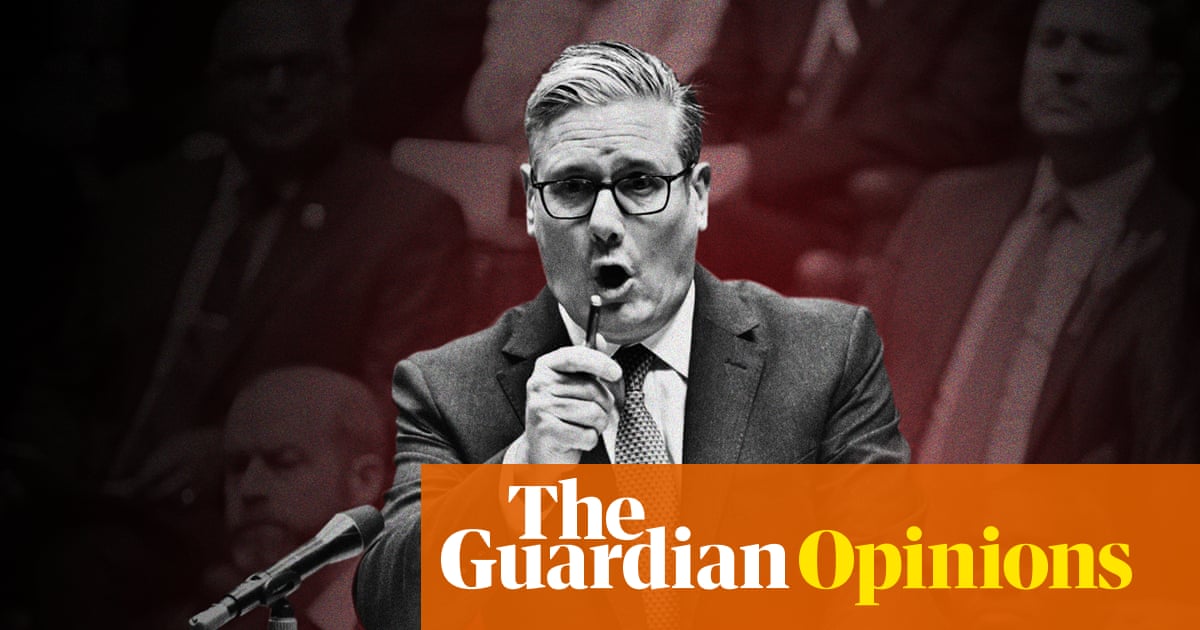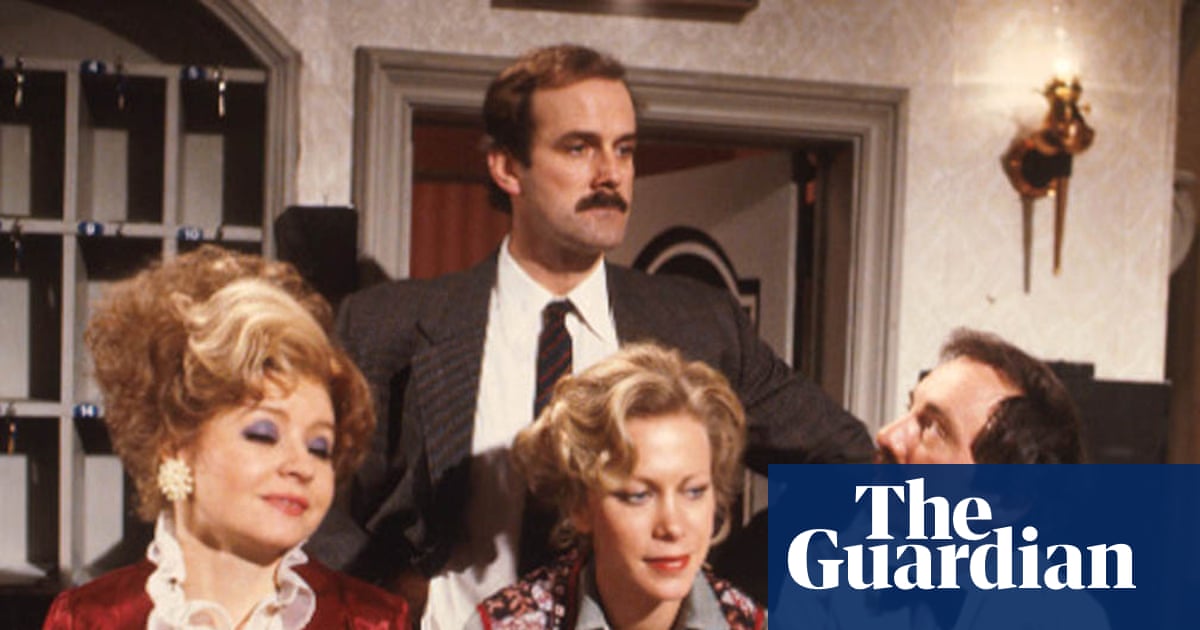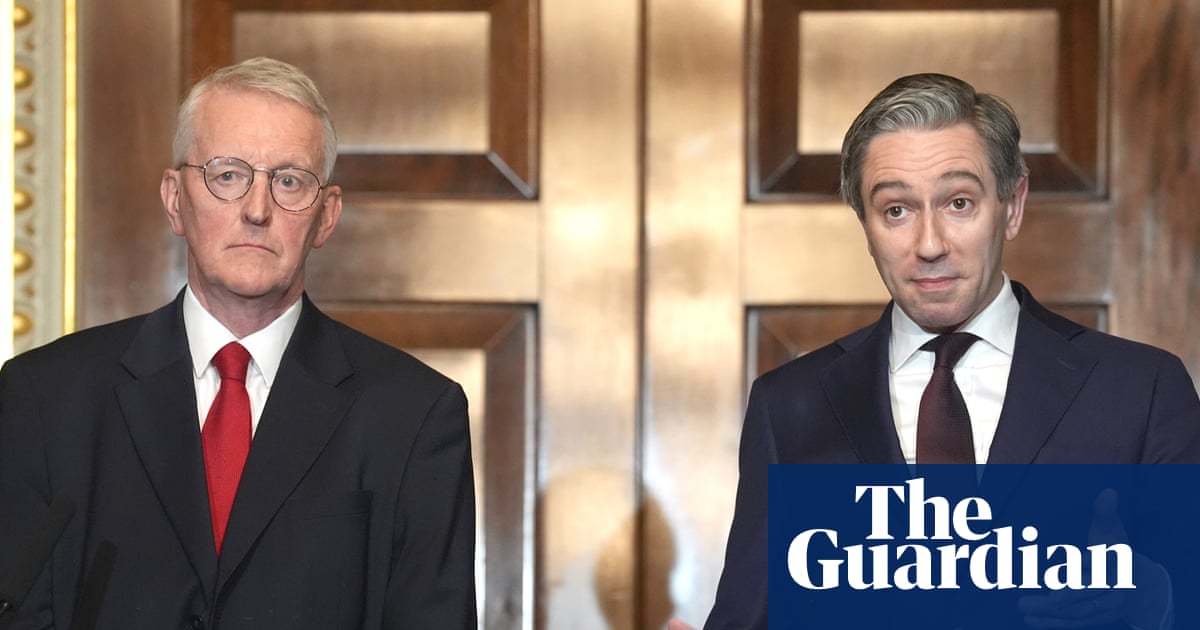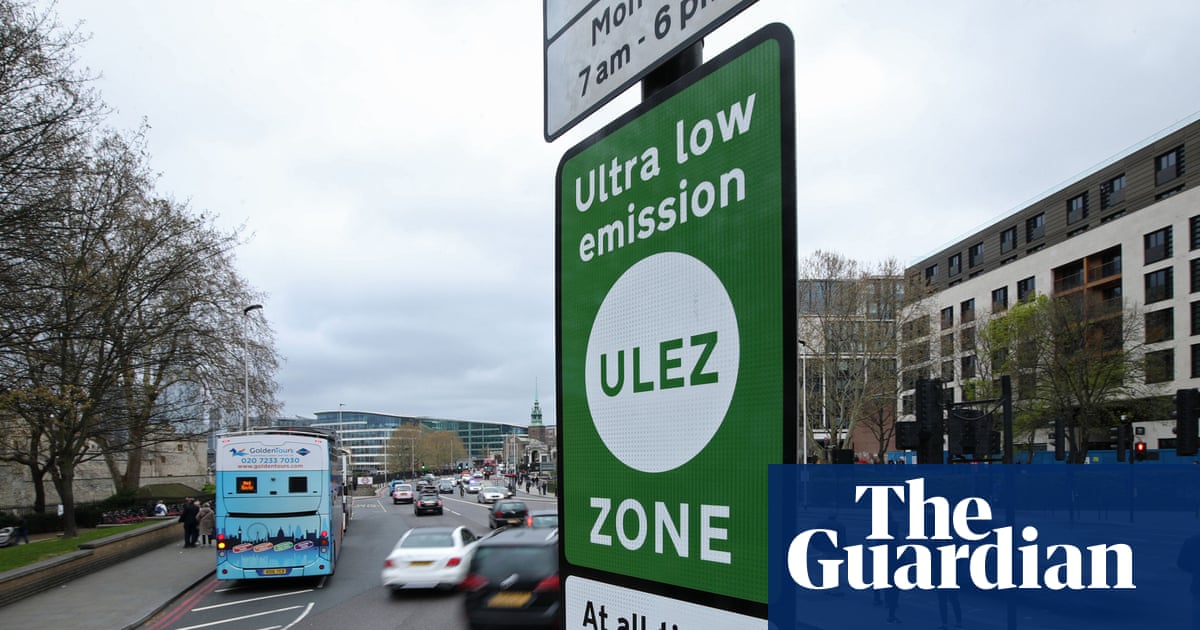The consensus has long been that the 2025 spending review would be a defining moment for Keir Starmer’s government. For once, the consensus proved spot-on. The government’s main priorities were set out on Wednesday in a blizzard of Commons announcements from Rachel Reeves, some economically substantive, others more for show. The upshot is that the shape of the British state, as Labour intends it, is now decided until the eve of the next election.
There are further crossroads still to come, some of them major, as the years covered by the review unroll. Taxes are likely to rise, probably as soon as the autumn budget, to pay for Reeves’s big ticket boosts on Wednesday for defence, health and housing. Council tax could rise too, with possibly dramatic results. The review’s emphasis on capital spending means current spending could be squeezed again, perhaps heralding pay battles. Nevertheless, Labour has set its course.
The administrative purpose of the spending review is to define where money is spent in the British state. But the review is also a defining political and cultural moment. It sets out the choices by which the government will stand or fall, and which aim to locate an electoral sweet spot. That spot, still elusive and distant despite Labour’s Holyrood byelection win last week, is one in which, as Reeves put it, a sense of renewal “is felt in people’s everyday lives”. Politically, this speech was a moment of truth for the chancellor herself.
Reeves has had a tough first year. Some of the grind she will have expected, some of it not. The year has been dominated by the winter fuel allowance blunder, which was not hers alone but which she inevitably owns. She has maintained a dogged commitment to her strict fiscal rules – she repeated it in Wednesday’s speech – in spite of new global shocks that might allow her to adapt them. Lacklustre macroeconomic out-turns have not helped; inflation and unemployment have both ticked up. Last summer’s donations row and questions about the truthfulness of her personal CV have done her no favours either.
The bookies were starting to mark down the Cabinet Office minister, Pat McFadden, as a potential successor before Reeves spoke. But Reeves did more than enough in her speech to put the lid on that, at least for now. The muttering against her lacks momentum, since it comes from the usual backbench and union critics. Cabinet support, not least from Starmer himself, is meanwhile described as rock solid. “She is universally popular and respected for being straight,” a minister says. If Starmer removed her he would find himself in trouble too. Even so, when Reeves addressed MPs on Wednesday she had something to prove. If her career was not on the line, her authority was.
A well-connected former Whitehall mandarin put it very clearly to me a couple of days ago. “It really is a pivotal time for her,” he said. “It has been a really difficult first year. The inheritance was genuinely bad. But the response has blunted her reputation and her options. The main problem is that the government has still not successfully made clear what kind of Britain it is trying to create. If she is to make that vision clear, then this is the time she absolutely needs to do it.”
To understand Reeves, it is important to go back to her record as shadow chancellor. Much of her approach was set out in two speeches. The first, given in Washington DC in May 2023, launched the idea of “securonomics”, which she echoed on Wednesday. The Washington speech was the historically bolder of the two. It amounted to an obituary for the era of borderless economic globalisation. It placed national economic security, both for the country and for the public, at the centre of strategy. The second, Reeves’s Mais lecture in March 2024, filled this out more watchfully, because the election was nearing. It emphasised the active role of the state in curbing economic decline and inequality, and emphasising the centrality of growth.
The connection between those speeches and the announcements this week is clearly umbilical. The spending review’s main focus – defence, health and levelling up – is rooted in the securonomics approach. Reeves may be one of Labour’s most pragmatic ministers. But this absolutely does not mean that she is merely a technocrat without priorities.
Indeed she has described herself, in my hearing, as a social democrat. I am reasonably certain she still would. Her record and her priorities bear it out. So did Wednesday’s speech. Her reform of Treasury policy towards growth outside London is a striking example. Few in the cabinet have such a visceral commitment to social and economic mobility. For her, as she made clear on Wednesday, this is personal.
Nevertheless, some of what Reeves said in opposition is simply no longer valid. In particular, the assumption in both speeches that the US shares Britain’s values and is a partner for stability has been comprehensively trashed by Donald Trump. Nor, despite the fact that they were given after Russia’s invasion of Ukraine, do Reeves’s speeches from opposition contain any hint of the much higher priority now earmarked for defence spending.
True, Reeves is not a chancellor who panders to the parts of the Labour coalition whose priorities are unchanged since the middle of the last century. But, as the railways and energy already show, she is open to different ownership models. She was quick to settle with the unions on pay last summer. And she absolutely does not believe, as Liz Truss did, that the key is for government to get out of the way.
Ever since she became chancellor, many have been uncertain about whether Reeves can pitch a vision strongly enough to connect with the wider public. She allowed herself to be dubbed an iron chancellor, but she then got involved in the donations furore. Why does she insist on such a tight policy at the Treasury, some ask? The answer is either that she and Starmer think they have no alternative in the circumstances; or, it’s that they are doing it this way because they actually believe in it.
Yesterday’s Commons speech was clearly an attempt to show that it is the former not the latter, and given fewer constraints the outlook might be very different. Reeves said repeatedly that her choices were “Labour choices”. So often was this claim made that it all became a bit insistent, but the purpose was clear. It was to stake out distinct centre-left ideological ground for tackling the hazards of the 2020s. Though some will dispute it, it is the thread that runs through the whole of Reeves’s career. The test now is whether that essentially social democratic approach of growing the economy and then redistributing the proceeds will work in today’s world, especially given the entrenched imbalances of the British economy and the increasing volatility of British politics.
-
Martin Kettle is a Guardian columnist

 3 months ago
216
3 months ago
216

















































